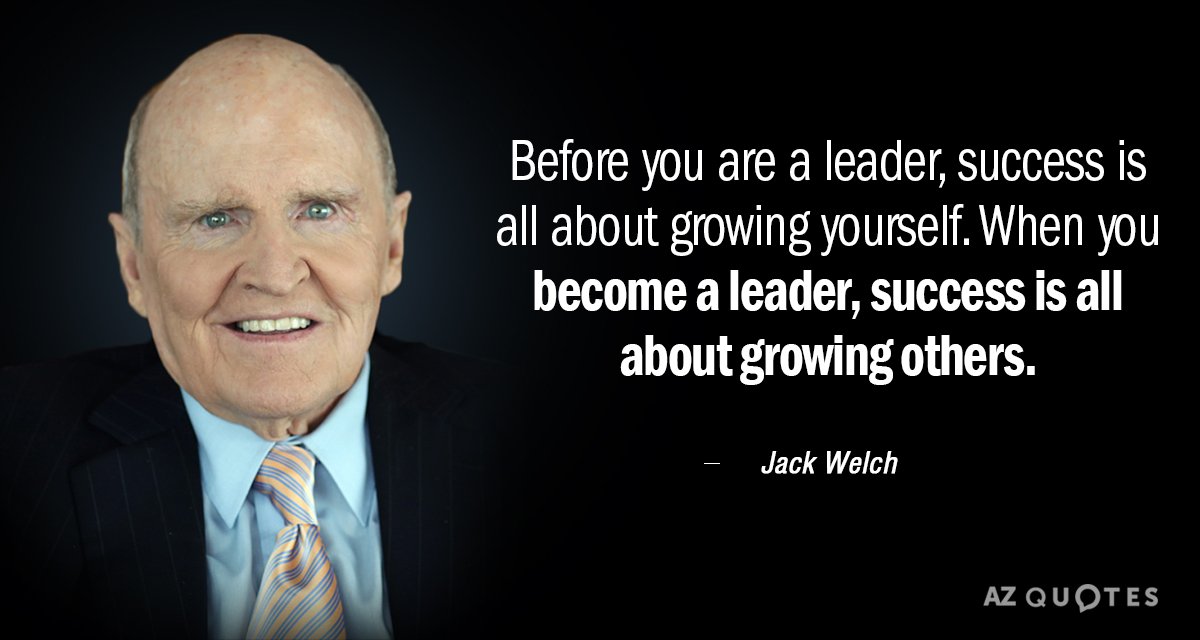2010 (1)
2011 (1)
2013 (42)
2018 (128)
2020 (783)
2021 (1188)
2022 (1546)
2024 (1287)
2025 (31)

1.An organization's ability to learn, and translate that learning into action rapidly, is the ultimate competitive advantage.
2. Willingness to change is a strength, even if it means plunging part of the company into total confusion for a while.
3. Good business leaders create a vision, articulate the vision, passionately own the vision, and relentlessly drive it to completion.
4. Giving people self-confidence is by far the most important thing that I can do. Because then they will act.
5. If you pick the right people and give them the opportunity to spread their wings and put compensation as a carrier behind it you almost don't have to manage them.
維基簡約介紹:
Welch joined General Electric in 1960. He worked as a junior chemical engineer in Pittsfield, Massachusetts, at a salary of $10,500, which would be equivalent to approximately $90,000 in 2018 dollars. In 1961, Welch planned to quit his job as junior engineer because he was dissatisfied with the raise offered to him and was unhappy with the bureaucracy he observed at GE. Welch was persuaded to remain at GE by Reuben Gutoff, an executive at the company, who promised him that he would help create the small-company atmosphere Welch desired.[9] In 1963, an explosion at the factory which was under his management blew off the roof of the facilities, and he was almost fired for that episode.[10]
By 1968, Welch became the vice president and head of GE's plastics division, which at the time was a $26 million operation for GE.[6] Welch oversaw production as well as the marketing for the GE-developed plastics Lexan and Noryl. Not long after, in 1971, Welch also became the vice president of GE's metallurgical and chemical divisions.[6] By 1973, Welch was named the head of strategic planning for GE and he held that position until 1979, which involved him now working from the corporate headquarters, exposing him to many of the "big fish" he would one day be among.[11] Not long after his promotion to head of strategic planning, Welch was named senior vice president and head of Consumer Products and Services Division in 1977, a position he held until 1979 when he became the vice chairman of GE.[6]
In 1981, Welch became GE's youngest chairman and CEO, succeeding Reginald H. Jones. By 1982, Welch had dismantled much of the earlier management put together by Jones with aggressive simplification and consolidation. One of his primary leadership directives was that GE had to be No. 1 or No. 2 in the industries it participated in.[12]




